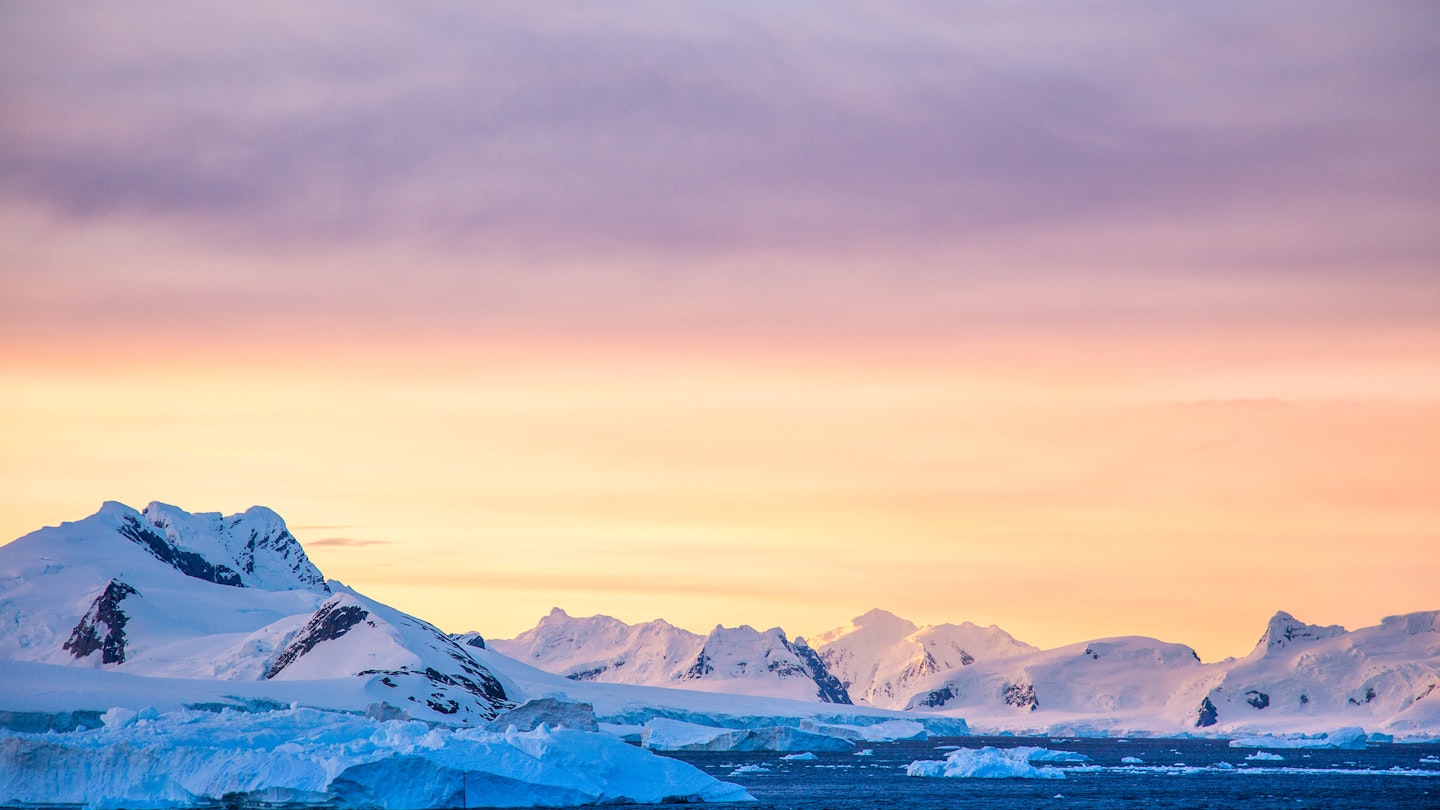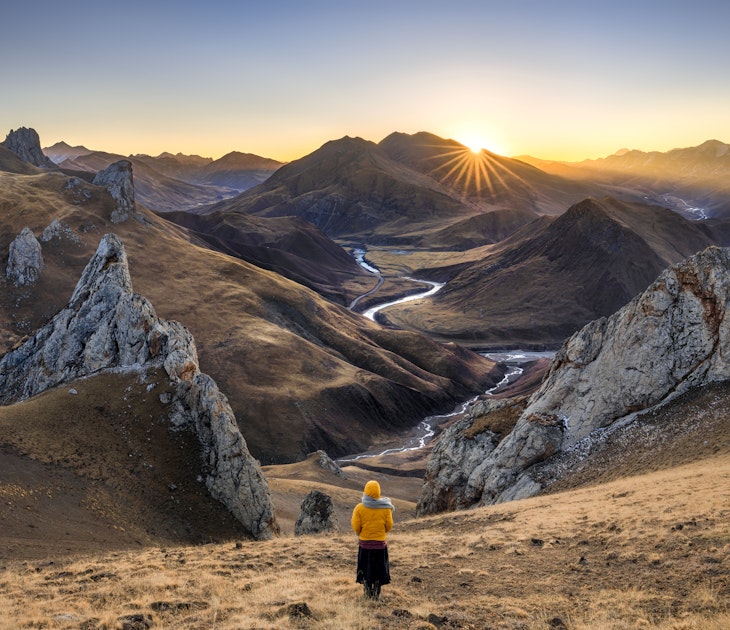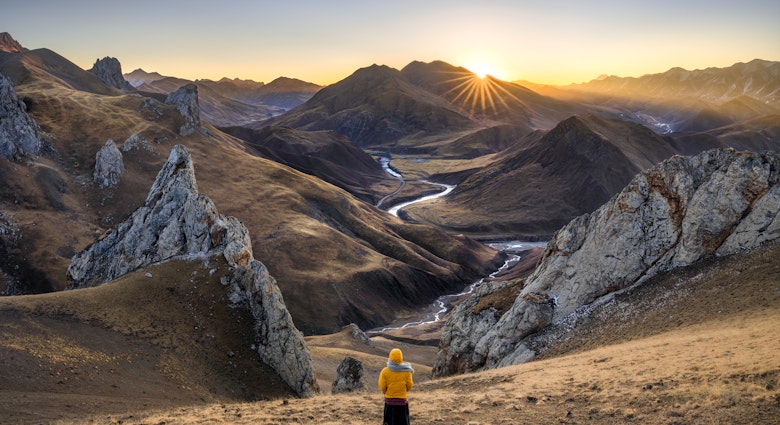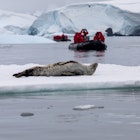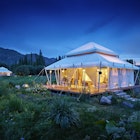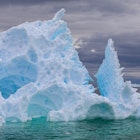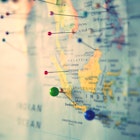Almost everyone wants to see Antarctica but not everyone can afford the price tag. Some lucky travelers visit this dream destination on a once-in-a-lifetime cruise where photography and wildlife viewing are the primary focus. Others dream, plan, train and then test their limits tackling super-human adventure activities in this incredible wilderness frontier.
But there is another subset of Antarctic visitors who head south for the long-term for jobs opportunities that range from six months to open-ended contracts. And these jobs are not just limited to the top scientists on the planet. There are also plenty of operational support roles in Antarctica. You'll see advertisements for everything from chefs (who can ride a skidoo) to postmasters (who can also keep an eye on the local Gentoo penguin population).
Want to know where and how to apply? Read on.

Job vacancies in Antarctica
As well as scientists, the Australian Antarctic Program is regularly looking for workers with skills including carpenters, plumbers, electricians, IT officers, doctors and chefs. Current job openings are posted online, including information about contract terms, perks and the realities of working in Antarctica.
Vacancies with the Aussie stations are usually advertised in December for the following season, but opportunities do arise regularly so if you're really keen, keep an eye on vacancies sites.
The British Antarctic Survey advertises its roles from January to March. A recent vacancy for a cook aboard the polar exploration vessel the RRS Sir David Attenborough has a salary of £26,891 per annum – to give you a rough idea of how competitive the salaries are with jobs back home.
The United States Antarctic Program (USAP), which is managed by the National Science Foundation, sends around 3,000 people to Antarctica every year to conduct scientific research, and it also employs operations and maintenance workers for its research stations and vessels. Head over to their website for more.
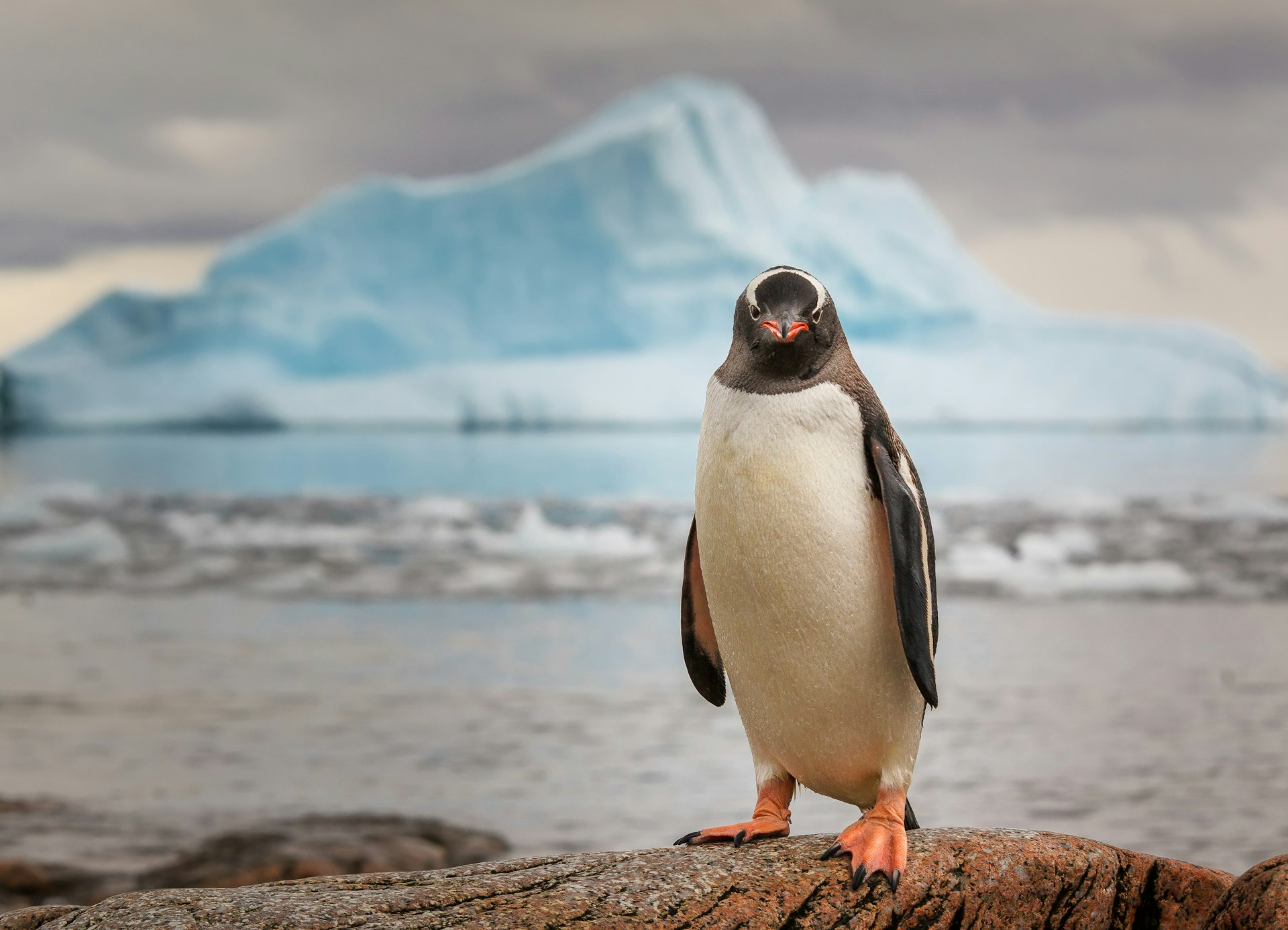
Calling all artists, Antarctica needs you too
The US, Australia and the UK also host artists on the great white land to increase awareness and appreciation of Antarctica – its history, importance and future challenges. From the Australian Antarctica Arts Fellowship website: "The Arts Fellowship advances these objectives through the work of people gifted in communicating through various media including (but not limited to) the visual arts, film-making, performance, writing, and music."
A UK based outfit Friends of the Scott Polar Research Institute, part of the University of Cambridge, hosts artists-in-residence on HMS Protector, an icebreaker, departing from the Falkland Islands.
The US has recently changed up its artists- and writers-in-residence programs, with a new Polar Science, Technology, Engineering, Arts, and Mathematics (Polar STEAM) initiative, and education is very much a focus of their projects.
What's it like working in Antarctica?
Needless to say there are a quite a few requirements to be ready for a gig working on the coldest, driest, and windiest continent on Earth, not to mention the kit you'll need.
Physically you have to be very fit: if you do get ill or injured you may be off-base and away from immediate medical assistance. Expect to need some decent first-aid skills and the ability to remain calm and self-organise.
Applicants are also expected to show a host of personal attributes from emotional intelligence to a commitment to excellence, which means you'll not only produce great work but you'll also work well with others in a place where communication, safety, trust and mutual support are absolutely vital.
As well as the adventure of a lifetime and incredible experiences with other like-minded people, research stations have well stocked libraries, gyms, bars and music rooms so there is plenty of entertainment after a hard day's work. Dining in Antartica is a challenge – fresh greens are pretty much non-existent, but menus are reportedly inventive to maintain staff morale.
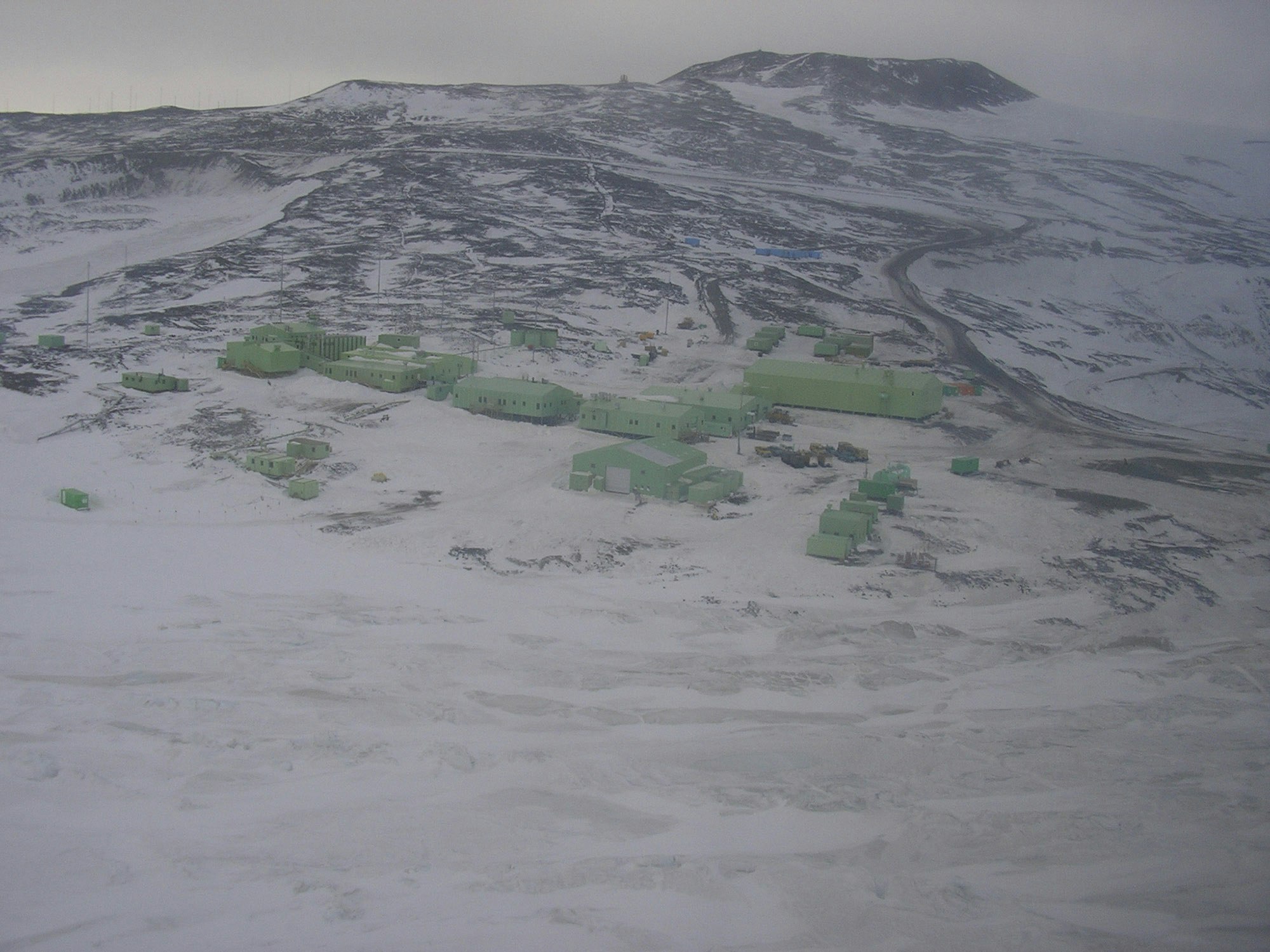
Working in Antarctica, a personal perspective
We talked to Laurel Morrison, a Canadian who worked in Antarctica as a field assistant for a researcher at the University of Otago in Dunedin. It was an experience that changed the course of her life. Not only did Laurel feel like she won the lottery by being given the opportunity to live in one of the most beautiful places on earth, she also met the man of her dreams, New Zealander Mark Morrison, at her base.
“Mark was an Antarctic Field Trainer, in charge of making sure the scientists didn't walk off any cliffs while out in the field. He went for six months, and then again for four months," she tells us.
So what was the experience of actually living in Antarctica like? Laurel explains: “When I was offered that job, it was like being offered an opportunity to go to the moon. The area where we worked, the Dry Valleys, is the largest ice-free area on the continent and it was absolutely beautiful, but there is no water, except the frozen stuff of course.
"You do need to be able to put up with living rugged. We had to clean ourselves with wipes – there were no showers in the Dry Valleys. That first shower back though… amazing!”
Where to find out about job opportunities in Antarctica
There is plenty of information available on the recruitment process for these exciting roles in Antarctica. You'll be put through your paces to ensure you can handle the challenges of remote work (staying in touch with loved ones at home is possible but remember, this is an isolated continent).
Get yourself skilled-up in one of the many vocations sent to Antarctica and apply early. If you're looking now you'll be applying for work for the year ahead.
For those who get there, you’ll be contributing to global science, while spending your days and nights surrounded by some of the world’s most amazing wildlife in this dream destination. We can't think of a better reason to just do it.
You might also like:
This is your brain on Antarctica: penguins, icebergs, and a lifetime supply of awe
How to prepare for a perfect voyage to Antarctica
Ask LP: how can I travel to Antarctica?

